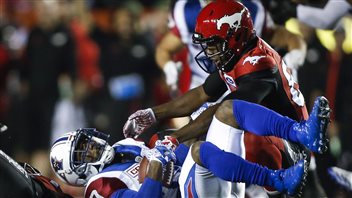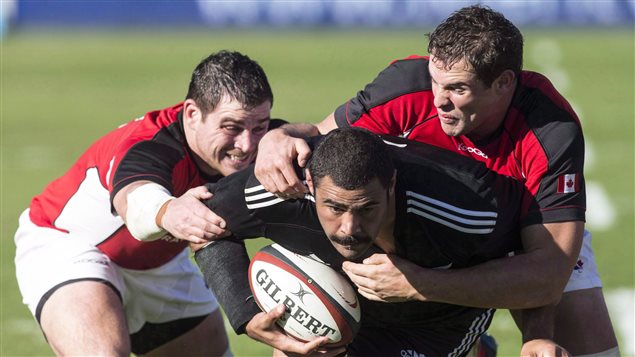It’s autumn in North America.

That means football season is in full swing, but the game–at least the violence in the game–is under heavy fire.
It’s no secret that a lot of people–fans, players, ownership, doctors–are expressing growing concern about the havoc football reaps on the human body, the brain and, yes, the emotions.
After a series of studies showing the risks inherent in the game, more and more parents simply won’t let their kids play football anymore–with good reason.
One study showed that kids who start playing tackle football before the age of 12 are at much higher risk of developing behavioural and emotional troubles as adults.
The researchers found much higher rates of depression, apathy and other neurological problems among those who started young whether or not they suffered concussions.
But it’s the pernicious effects of concussions, of course, that have drawn the most notice and owners and players in the two leading North American professional football leagues, the Canadian Football League and the U.S. National Football League, are taking notice, especially as television viewership drops and more and more players get hurt.
In late July, researchers at Boston University published the results of a study finding that 110 of the 111 brains of deceased former football players they examined showed signs of CTE, a degenerative disease caused by repeated blows to the head.

In August, a study by Luciano Minuzzi, a clinical psychiatrist at McMaster University in Hamilton, Ontario and St. Joseph’s Health Healthcare Hamilton, found ‘disastrous’ damage in brains of retired CFL players.
In September, the CFL and its players’ union announced an immediate ban on full-contact, padded practices and adding a new bye week to help reduce the risk of player injury.
Football is a very, very violent game played by stronger and stronger athletes and the results are predictable and long-lasting.
Besides stopping contact practices and outlawing hits to the head (which will likely come anyway–accidently or intentionally) is there something else that can be done by those with a vested interest?
Sportswriter, author and media personality Bruce Dowbiggen, believes there is,
He recently wrote a column on the subject on his website www.notthepublicbroadcaster.comwww.notthepublicbroadcaster.com
I spoke with him by phone Tuesday at his home in Calgary.
ListenWith files from Canadian Press, CBC, Toronto Star







For reasons beyond our control, and for an undetermined period of time, our comment section is now closed. However, our social networks remain open to your contributions.